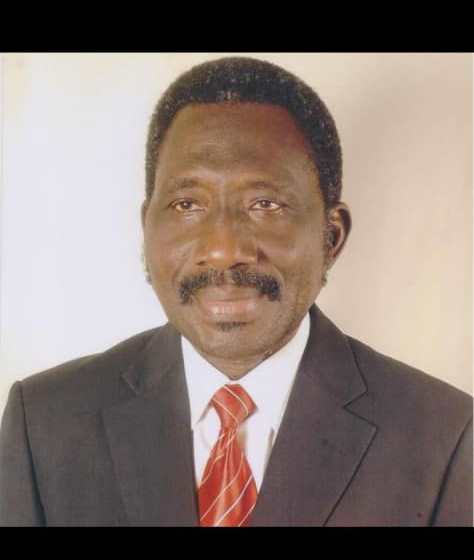By Felicia Nwosu
To discourage the culture of accumulated unpaid arrears from financial service providers to Nigeria’s telecommunications companies, Adeolu Ogunbanjo, President, National Association of Telecomms Subscribers of Nigeria (NATCOMS), has called on the concerned banks to pay up their debt to enable consumers reckon with cutting-edge financial transaction services across all networks.
The call came on the heels of telcos raising the alarm of being ripped off by the banks. The telecoms group has threatened to discontinue their services in the provision of the Unstructured Supplementary Service Data (USSD) until the financial service providers clear the total of N120 billion ($259 million) debt they accumulated in about nine years. Ogunbanjo stated this in an exclusive interview with Nigeria’s foremost brand-centric magazine, MARKETING EDGE.
The association’s president maintained that the banks ought to have paid since they received their payment automatically or instantly as service charge immediately a service is rendered. He said since they have already deducted it from their customers, the onus lies on them to settle their debt to the telcos.
“Why are they not paying after they have deducted it from their customers. They can’t mess up the telecoms sector for us, because the move by the federal government to deepen financial inclusion through the cashless policy demands for an intensive infrastructural development. If they do not have the money to boost their infrastructural status, how would they improve on their services?
“The Nigerian telecoms subscribers are saying that banks should pay so that the cashless policy of the government can be improved upon. There is so much pressure as a result of lack of adequate equipment. So, with N120 billion, they will be able to upscale their infrastructure. They should pay because it has been deducted,” he said.
Ogunbanjo urged the consumers to endure the brunt for now, emphasizing that it is geared towards better service. He bitterly recalled how poor the service has been so far.
“If customers want to make financial transfer, they would have to embark on prayer and fasting before the transaction goes through. If the telcos upgrade their equipment at various service stations, then quality services will be seamless for consumers to access. That is just what the telcos are requesting for. It is for improved services; this is a sacrifice they have to pay – we will bear it until the banks pay.
He noted that the introduction of the cashless policy by the Central Bank of Nigeria (CBN) exerted so much anguish on Nigerians due to poor network, noting the need to end the intermittent poor network transaction to enhance the service quality through cutting-edge tools.
The NATCOMS president revealed there has not been any response either from the commercial banks or from the CBN as at the time of filing this report. He also debunked the news making the rounds that some banks have been able to make some part-payment, reaffirming that no such payment has been made.
“In the meantime, I can tell you that if they have paid, the telcos obviously would have noted that. But for the sake of the consumers, we are looking forward to having a four-man intervention from Central Bank of Nigeria, CBN, Chartered Institute of Bankers of Nigeria, CIBN, Nigeria Communications Commission, NCC and the telcos. There is always room for negotiations; CBN should come into this, any bank that does not pay should be sanctioned. As an association, what we do is to appeal to them to do the needful,” he said.
Recall that apart from the alleged arrears, there was also the existence of pricing model that the service providers refused to oblige to, and there was a heated argument in 2020 when telcos planned to make a move to a N4.00 per 20-second session access to USSD services charge.
Also, the network service providers have painfully revealed that, the banks pay its members as low as 0.85k per 20 second session to as high as N2 per 20 second session depending on the transaction volumes generated by the banks. But banks in turn charge their customers for the same services within the range of N10-N50, depending on the bank and the service accessed by their customers.






Comment
No comments found.